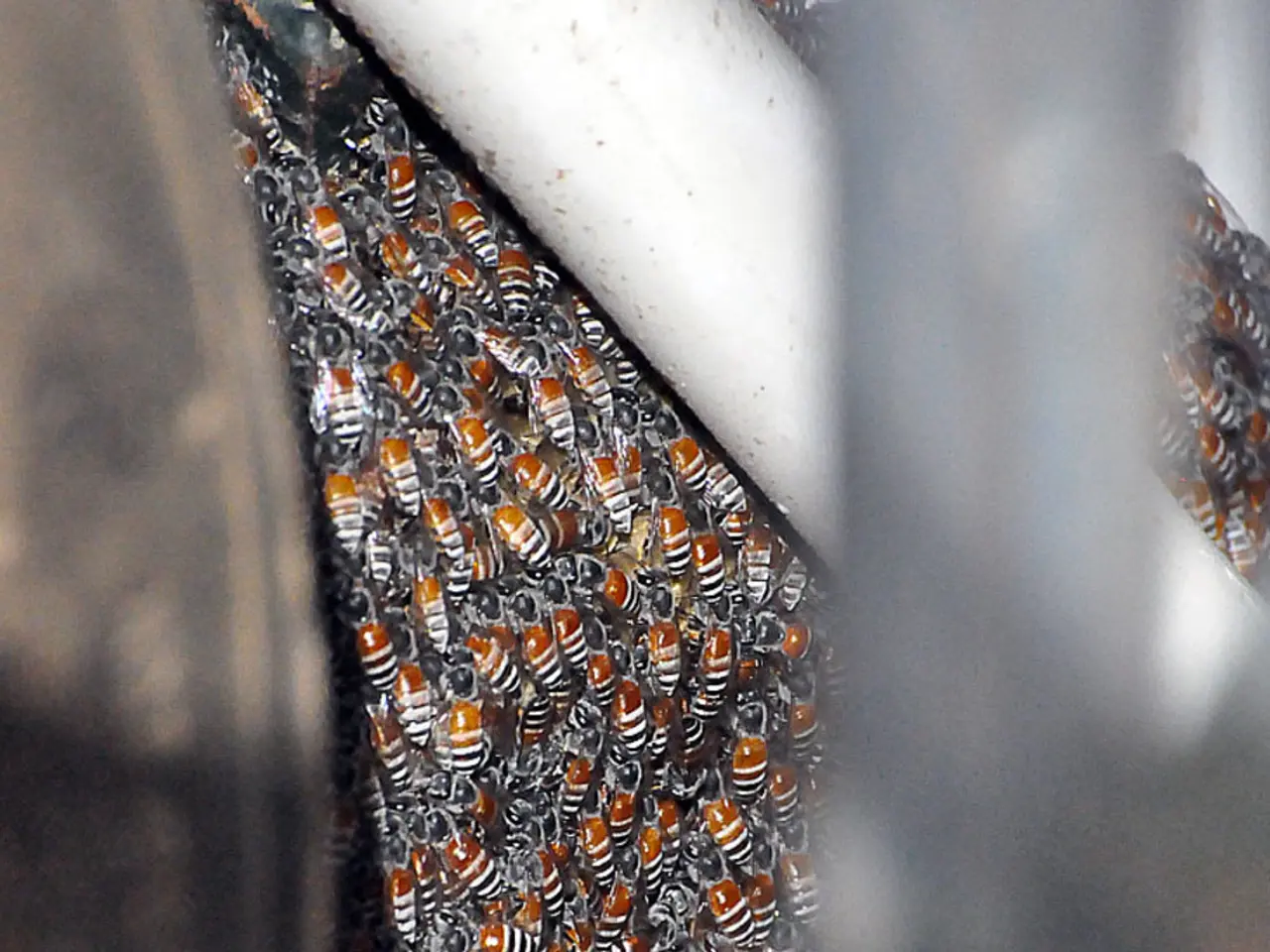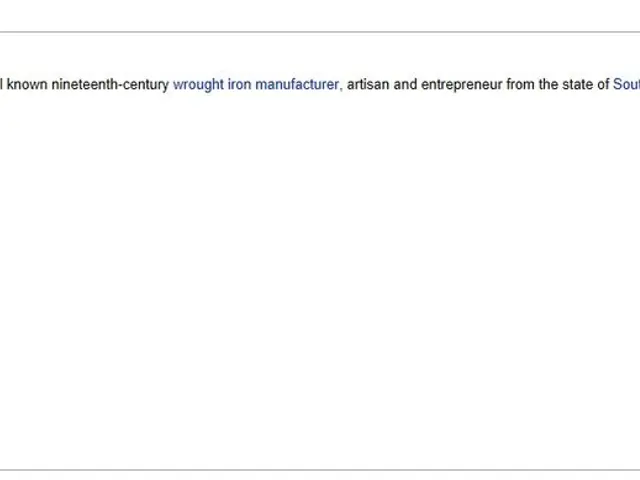Supreme court in France denies reintroduction of pesticide harmful to bees
Acetamiprid, a neonicotinoid pesticide banned in France since 2018, has been permanently blocked by the French Constitutional Council due to concerns over its environmental and health risks. The ruling comes as a significant victory for environmental campaigners and a setback for farming interests seeking more flexibility in pesticide use.
The decision was influenced by public opinion and farming interests, with the court emphasizing that neonicotinoids, including acetamiprid, have negative impacts on biodiversity, particularly for pollinating insects and birds, and pose risks for human health. The ruling also highlighted the constitutional right to live in a balanced and healthy environment as protected by France’s Ecological Charter.
The attempted reintroduction of acetamiprid sparked widespread public backlash. A student-led petition against the pesticide gathered over two million signatures, reflecting broad social concern beyond just environmental groups. The controversy also highlighted a political divide in parliament and dissatisfaction with rushed legislative processes and lack of debate.
Proponents of acetamiprid, including some farmer unions and politicians, argue that French farmers need the pesticide to compete with their European counterparts, especially against pests affecting crops like sugar beets and hazelnuts. The ban is seen as limiting some farmers’ tools against serious crop diseases and reducing competitiveness compared to EU countries where the pesticide remains legal.
However, the ruling did not affect the parts of the Duplomb law that allow for simplification of paperwork for large livestock operations and the construction of water storage facilities for agriculture. The court had reservations about the construction of water storage facilities for agriculture but allowed these parts of the law to stand.
The rejection of its reintroduction preserves France’s strict stance against neonicotinoids, emphasizing environmental health over short-term agricultural productivity gains. It sends a signal that France prioritizes environmental safety and precaution in agricultural policy, possibly pressuring the EU for a broader reassessment of acetamiprid’s safety.
In summary, France’s decision to uphold the ban on acetamiprid reflects prioritization of ecological health and human safety over agricultural chemical use, emphasizing constitutional rights to a healthy environment and responding to robust public opposition. This stance affects farmers by restricting available pesticides but aligns with efforts to protect biodiversity, especially vital pollinators. The government has indicated it will seek a new European assessment of acetamiprid’s health impacts, signaling ongoing international regulatory scrutiny and possible future policy adjustments.
References: 1. Le Monde 2. France 24 3. Reuters 4. The Guardian 5. BBC News
- Emmanuel Macron, the President of France, has supported the Constitutional Council's decision to permanently ban acetamiprid, a neonicotinoid pesticide, due to environmental and health concerns.
- The French government's stance against neonicotinoids, including acetamiprid, is a part of a broader international policy focus on climate-change and environmental-science, emphasizing the importance of protecting biodiversity and human health.
- The ban on acetamiprid has been applauded by culture and general-news outlets, demonstrating widespread public support for Emmanuel Macron's policy-and-legislation on the environment.
- The French government has indicated that it will seek a new European assessment of acetamiprid’s health impacts, underscoring its commitment to science and the implementation of evidence-based agricultural policy.
- France's decision sets a precedent for other European countries in terms of their approach toward pesticide regulations and prioritizing the environment over short-term agricultural gains.
- Critics of the acetamiprid ban argue that it restricts French farmers' tools against serious crop diseases, potentially affecting France's competitiveness in the international agricultural market.








